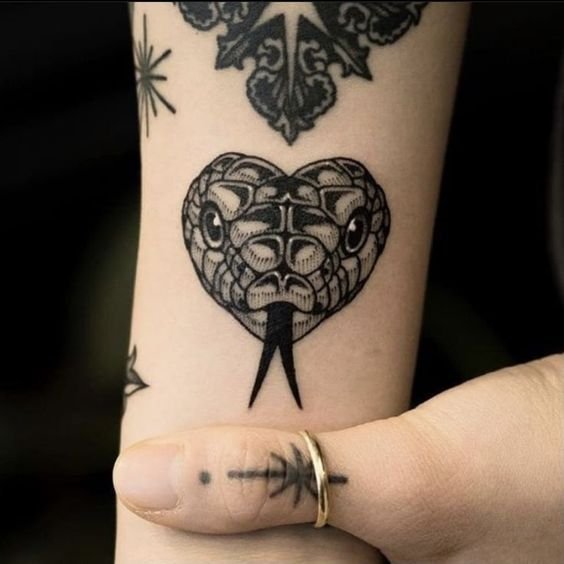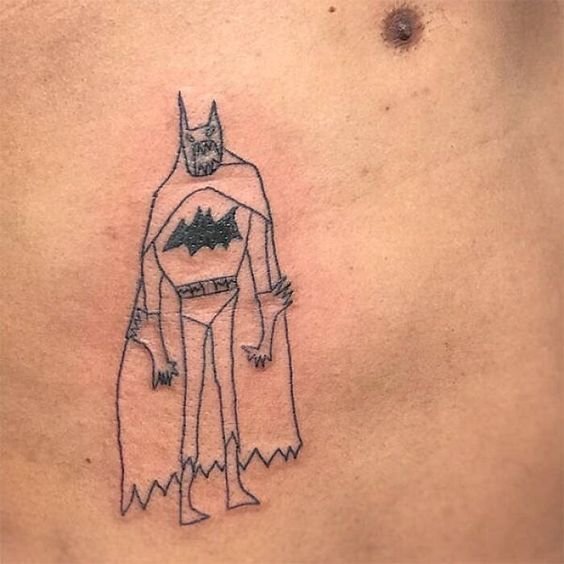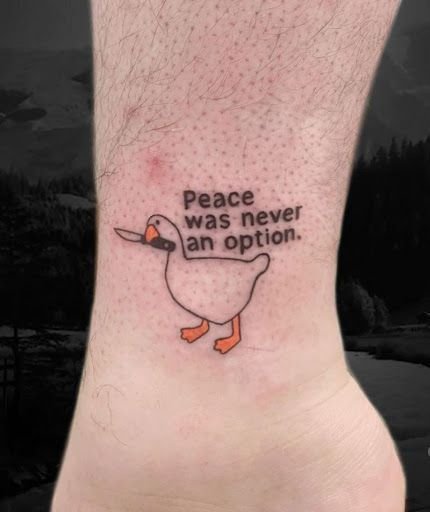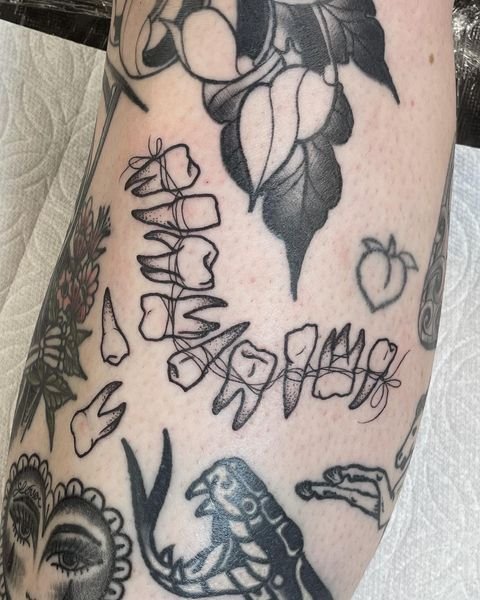How Much Do Tattoos Cost?
Updated: July 29, 2024
When considering getting a tattoo, one of the most common questions people have is, "How much will it cost?" The answer isn't as straightforward as one might think. Just as with buying a car, a house, or any other significant investment, various factors can influence the final price. In the world of tattooing, it's essential to understand what contributes to the cost so you can make an informed decision. Below are the main factors that influence tattoo prices.
Source: PinterestSize and Complexity
Size: Generally, the larger the tattoo, the higher the cost. A small tattoo might be priced at a flat rate, while larger tattoos are typically priced by the hour.
Complexity: Detailed designs or tattoos that require intricate shading and coloring are usually more expensive. Simpler designs, such as small symbols or letters, might be less costly.
Location on the Body
Some areas of the body are more challenging to tattoo than others. Delicate regions like the neck, hands, or feet might cost more due to the skill and precision required. Similarly, areas with thinner skin or more nerve endings can be more painful and challenging, leading to higher costs.
Color vs Black and Gray
Color tattoos, especially those requiring multiple shades, can be more expensive than black and gray pieces. This is because colored tattoos often require more time and different types of inks.
Artist's Experience and Reputation
Just as you would expect to pay more for a painting by a renowned artist, the same applies to tattoo artists. Those with a strong reputation, years of experience, and a unique style might charge more for their services. However, investing in a reputable artist is often worth the cost, as you’re paying for quality, safety, and a piece of art that will last a lifetime.
Geographical Location
Just as the cost of living varies from city to city, so too does the price of tattoos. Studios in large metropolitan areas or trendy neighborhoods might have higher prices than those in smaller towns or more rural locations.
Studio Overheads
Tattoo studios with high-end interiors, modern equipment, and additional facilities might have higher operational costs, which can be reflected in their pricing.
Customization
If you're getting a custom piece designed specifically for you, it might cost more than a pre-designed piece or something selected from a flash sheet. The artist will need to spend time drawing and planning the tattoo, which adds to the overall cost.
Number of Sessions Required
Some tattoos, especially large or detailed pieces, can't be completed in one session. Each session incurs its own cost.
Touch-ups and Aftercare
While some artists include a free touch-up session in their pricing, others might charge for it. Furthermore, while the tattoo itself has a price, aftercare products like ointments and lotions can add to your total expenditure.
Final Thoughts
When deciding on getting a tattoo, remember that it's a lifelong commitment and an investment in a piece of art on your body. It's crucial to prioritize quality and safety over cost. Bargain hunting might lead to regrets in terms of quality, health risks, or dissatisfaction with the design.
Always consult with potential tattoo artists, ask questions, and be clear about your budget. A good artist will always be transparent about their pricing and help you find a design that aligns with both your vision and your budget.



